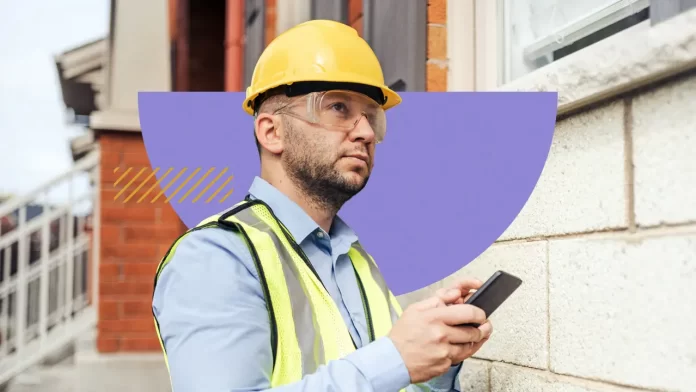Building inspections are essential for identifying potential problems in a property before buying or leasing it. They help buyers and owners make informed decisions about the property’s condition and can identify potential hazards, code violations, and other issues. But did you know that building inspections can also have an impact on insurance? In this article, we’ll discuss the relationship between building inspections and insurance.
Contents
Why Insurance Companies Require Building Inspections
Insurance companies require building inspections for several reasons. First, they need to assess the risk associated with insuring a property. Building inspections can identify potential hazards, such as structural issues or electrical problems, that could lead to a loss. Insurance companies need to know about these risks to determine the appropriate coverage and premiums.
Second, building inspections can identify potential code violations. Insurance companies need to know if a property does not meet code requirements, as this could lead to legal issues and liability.
Finally, building inspections can help prevent losses. For example, an inspector may identify a potential fire hazard, such as faulty wiring, that could lead to a loss. By identifying and addressing this issue, the property owner can prevent a loss and reduce the risk of an insurance claim.

Types of Building Inspections Required by Insurance Companies
Insurance companies may require different types of building inspections depending on the property’s location, age, and type. Some of the most common types of inspections include:
- Structural Inspection: This inspection evaluates the structural components of the building, including the foundation, framing, and roof.
- Electrical Inspection: This inspection evaluates the electrical systems in the building, including wiring, panels, and outlets.
- Plumbing Inspection: This inspection evaluates the plumbing systems in the building, including pipes, fixtures, and water heaters.
- HVAC Inspection: This inspection evaluates the heating, ventilation, and air conditioning systems in the building.
- Environmental Inspection: This inspection evaluates the presence of hazardous materials, such as asbestos or lead paint, in the building.
- Fire Inspection: This inspection evaluates the building’s fire safety features, such as smoke detectors and fire alarms.
It’s important to note that insurance companies may have specific requirements for each type of inspection. For example, they may require a specific type of electrical inspection or may require that the inspection be conducted by a licensed professional.
What Happens if a Property Fails an Inspection?
If a property fails an inspection, the property owner may be required to make repairs or upgrades before the insurance company will provide coverage. This can include fixing structural issues, upgrading electrical or plumbing systems, or installing fire safety features.
In some cases, the insurance company may deny coverage altogether if the property presents too much of a risk. This can be a serious issue for property owners, as they may be unable to obtain insurance or may have to pay higher premiums.
How Building Inspections Can Lower Insurance Premiums
While building inspections are a requirement for insurance, they can also help lower premiums. By identifying and addressing potential hazards and code violations, property owners can reduce the risk of loss and improve the safety of their property. This can make the property less risky to insure, which can result in lower premiums.
For example, if an inspector identifies a potential fire hazard and the property owner installs fire safety features, such as smoke detectors and fire alarms, the insurance company may be willing to offer lower premiums. This is because the risk of loss due to fire has been reduced.
It’s important to note that not all insurance companies offer discounts for building inspections. However, it’s worth asking your insurance provider if they offer any discounts for inspections or upgrades that improve the safety of your property.
Conclusion
Building inspections are an essential step in the due diligence process when buying or leasing a property. They help identify potential hazards, code violations, and other issues that can impact the property’s safety and value.



